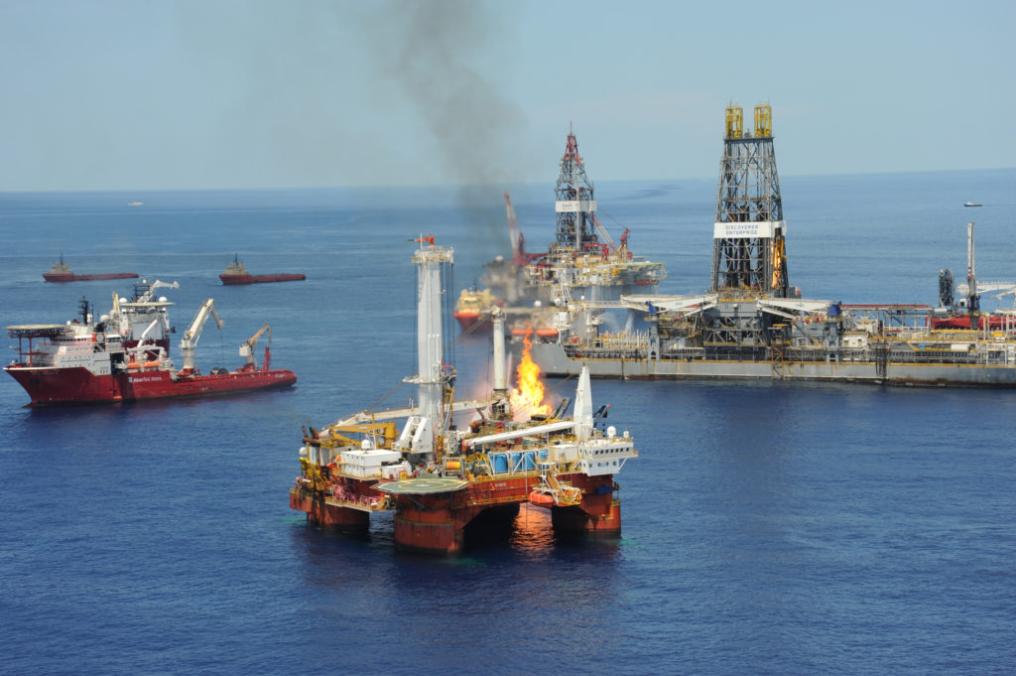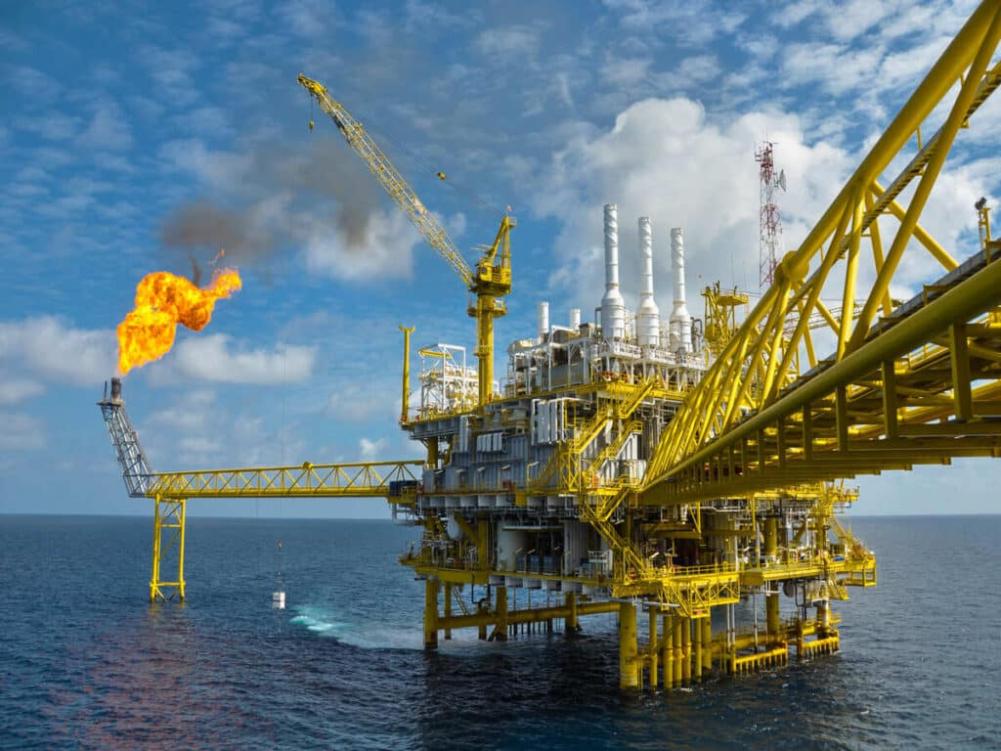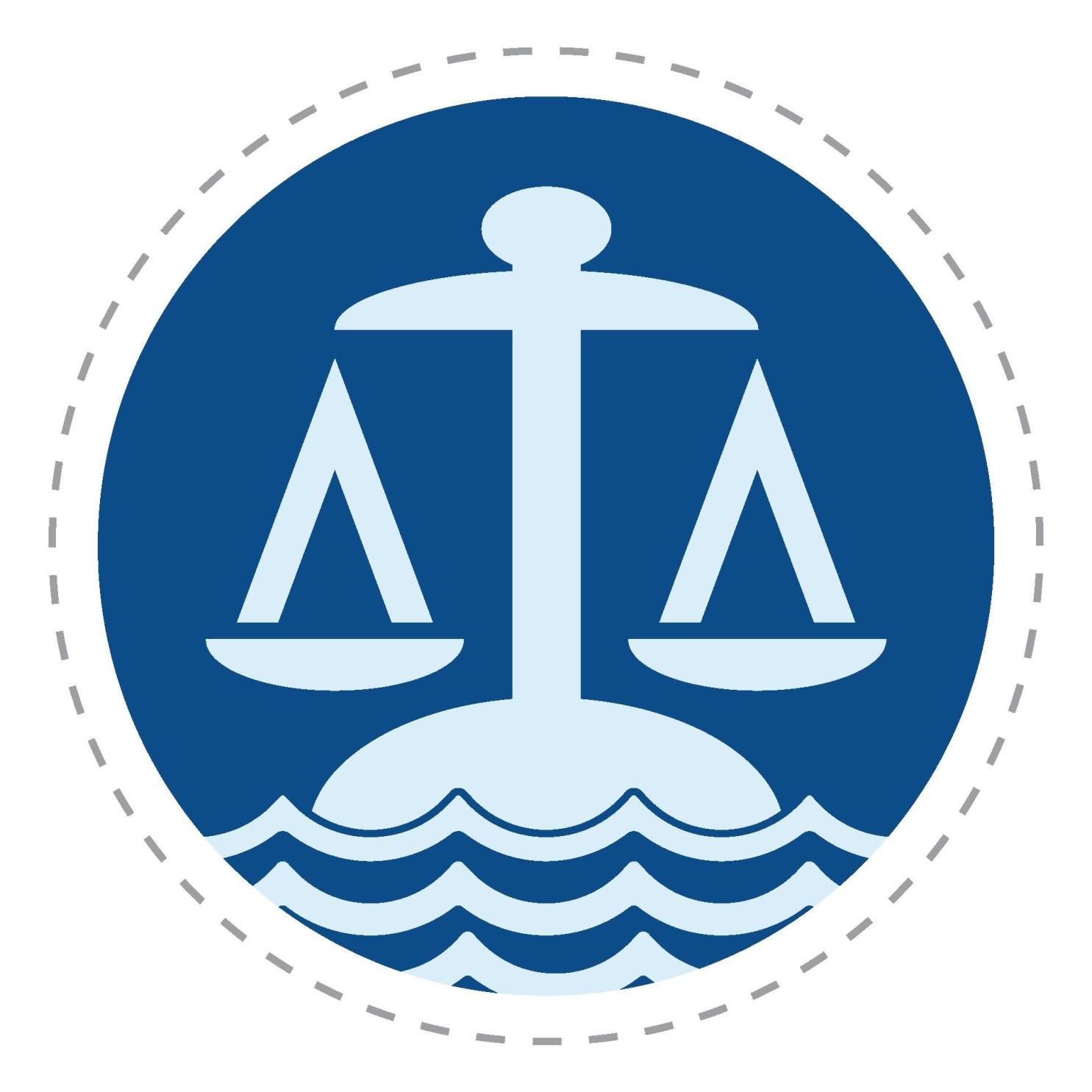Follow Us @
What is General Maritime Law?
maritime law
General maritime law (GML) is a set of laws, conventions and principles that govern maritime activities and transactions around the world. Covers a wide range of legal issues, including navigation, liability, carriage of goods and passengers, marine insurance, salvage operations, maritime liens and mortgages.
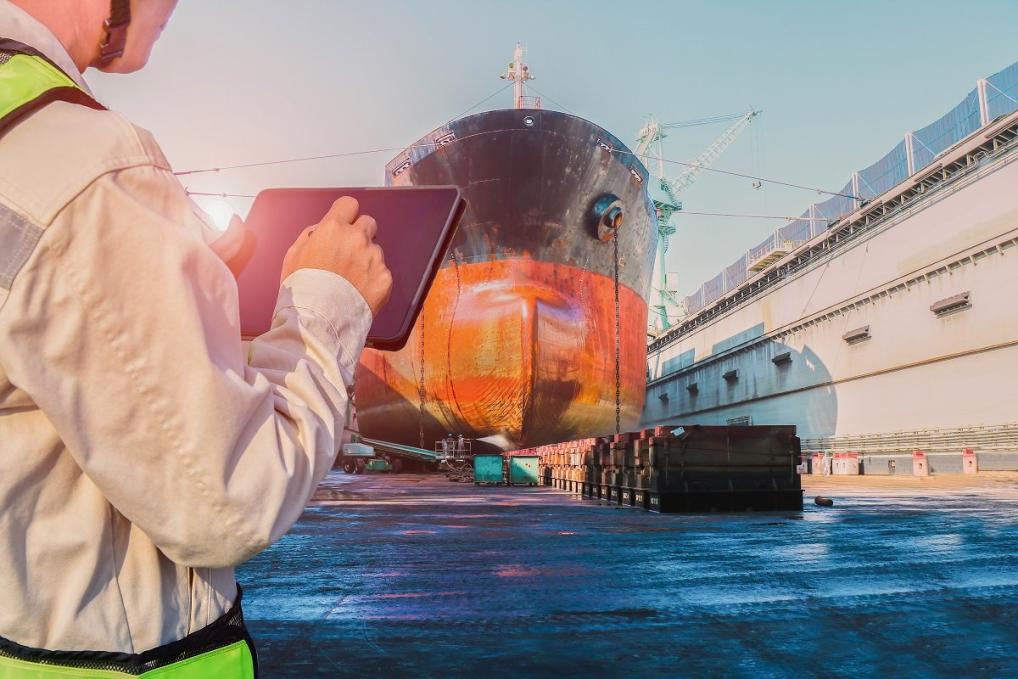
Sources of General Maritime Law
GML sources are diverse and include:
- International conventions and treaties: These are agreements between countries that establish uniform rules and regulations for maritime activities. Some notable examples include the United Nations Convention on the Law of the Sea (UNCLOS) and the International Convention for the Safety of Life at Sea (SOLAS).
- National laws and regulations: Each country has its own set of maritime laws and regulations that apply to vessels sailing under its flag or operating in its territorial waters.
- Judicial decisions and precedents: Court decisions and sentences in maritime cases help shape and interpret the GML. These precedents provide guidance for future courts and legal professionals.
- Customary practices and uses: Long-standing customs and practices in the maritime industry can also become part of the GML. These customs are often codified into law or recognized by courts as binding.
GML Principles and Key Concepts
GML covers a wide range of key principles and concepts, including:
- Navigation rules and regulations: These rules govern the operation of vessels at sea, including traffic patterns, speed limits and safety procedures.
- Liability and compensation for maritime accidents: The GML establishes rules for determining liability in maritime accidents and provides compensation mechanisms for victims.
- Transport of goods and passengers: The GML regulates the transport of goods and passengers by sea, including the rights and responsibilities of carriers and shippers.
- Marine insurance and salvage operations: The GML governs marine insurance contracts and salvage operations, which are essential to protect maritime interests and ensure the safety of vessels and their crews.
- Maritime liens and mortgages: GML recognizes maritime liens and mortgages as guarantees on vessels and their cargo. These liens and mortgages allow lenders to secure their loans and protect their interests in the event of default.
Jurisdiction and Application of the GML
The GML is applied by maritime courts, which are specialized courts that deal with maritime cases. Maritime courts have jurisdiction over maritime disputes and can issue orders and judgments that are binding on the parties involved.
In cases involving cross-border issues or conflicts of laws, the GML provides a framework for resolving disputes and ensuring the recognition and enforcement of foreign judgments.
Application of GML in Specific Maritime Contexts
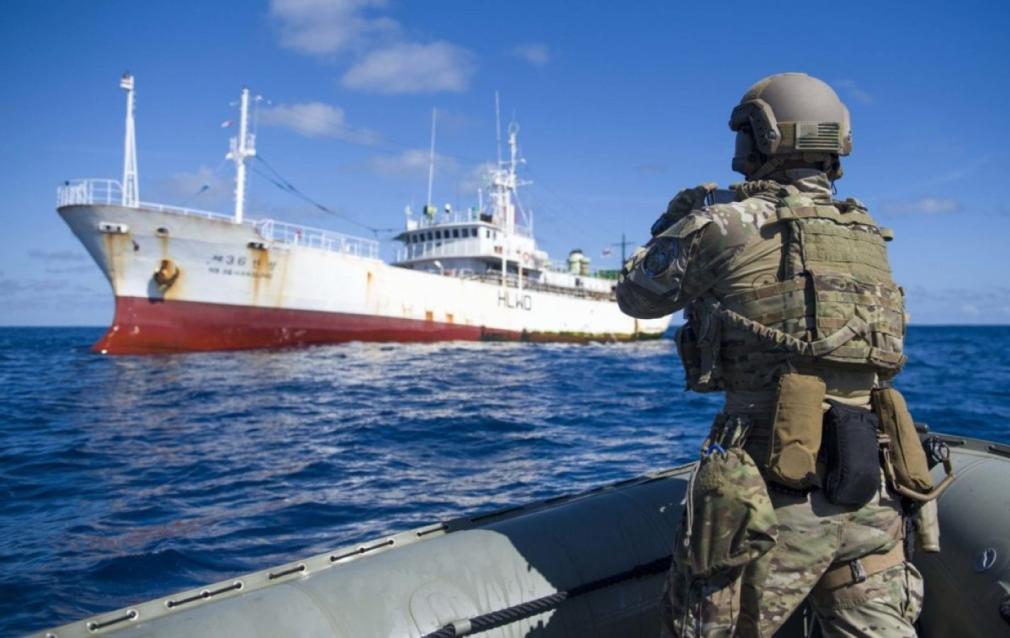
GML applies to a wide range of maritime activities and contexts, including:
- Transport and navigation: The GML governs the operation of commercial vessels, including cargo ships, passenger ships and oil tankers.
- Offshore oil and gas exploration and production: The GML regulates offshore oil and gas activities, including the construction and operation of offshore platforms and pipelines.
- Marine environmental protection: GML addresses issues related to marine pollution, oil spills and protection of marine ecosystems.
- Boat trips and water sports: The GML also applies to boating and water sports, including the operation of personal watercraft and sailboats.
Challenges and Developments in General Maritime Law
GML is constantly evolving to face new challenges and developments in the maritime industry. Some of the key challenges and developments include:
- Technological advancements: The rapid pace of technological advances, such as autonomous ships and underwater drones, is challenging traditional notions of maritime law and responsibility.
- Globalization: The increasing globalization of trade and commerce has led to the need for harmonization of maritime laws and regulations across different jurisdictions.
- Environmental concerns: Growing concerns about marine pollution and climate change are driving the development of new GML rules and regulations aimed at protecting the marine environment.
General maritime law is a complex and dynamic set of laws that plays a vital role in ensuring safety, fairness and efficiency in maritime activities around the world. As the maritime industry continues to evolve, GML will continue to adapt and develop to meet new challenges and opportunities.
What is General Maritime Law?
Follow AFRILATEST on Google News and receive alerts for the main trending sports news today, Basket ball updates, Soccer series, entertainment and lots more!
SHARE POST AND EARN REWARDS:
Join our Audience reward campaign and make money reading articles, shares, likes and comment >> Join reward Program
FIRST TIME REACTIONS:
Be the first to leave us a comment, down the comment section. click allow to follow this topic and get firsthand daily updates.
JOIN US ON OUR SOCIAL MEDIA: << FACEBOOK >> | << WHATSAPP >> | << TELEGRAM >> | << TWITTER >
#General #Maritime #Law
-

 Fashion3 months ago
Fashion3 months agoVogue Arabia cover welcomes Salma Hayek in an interview with Penélope Cruz
-

 Football3 months ago
Football3 months agoVAR points out Diego Costa's offense against the fourth referee
-

 USA today entertainment3 months ago
USA today entertainment3 months agoBeyonce with the single “Break My Soul” leads on Spotify Brazil
-

 Health and Fitness3 months ago
Health and Fitness3 months agoVaccine against the reappearance of skin cancer enters final testing phase
-

 USA today entertainment3 months ago
USA today entertainment3 months agoSZA, Future and DJ Khaled come together in collaboration
-

 News3 months ago
News3 months agoParents of former player Waleswska are pressured by widower to pay rent for the house where they live
-

 USA today entertainment3 months ago
USA today entertainment3 months agoLarissa Luz and Linn da Quebrada enchant at the Multishow Awards with a tribute to Elza Soares.
-

 Good News TV series3 months ago
Good News TV series3 months agoThe shocking reason behind the decision not to show dead characters in The Last Of Us episode revealed
















